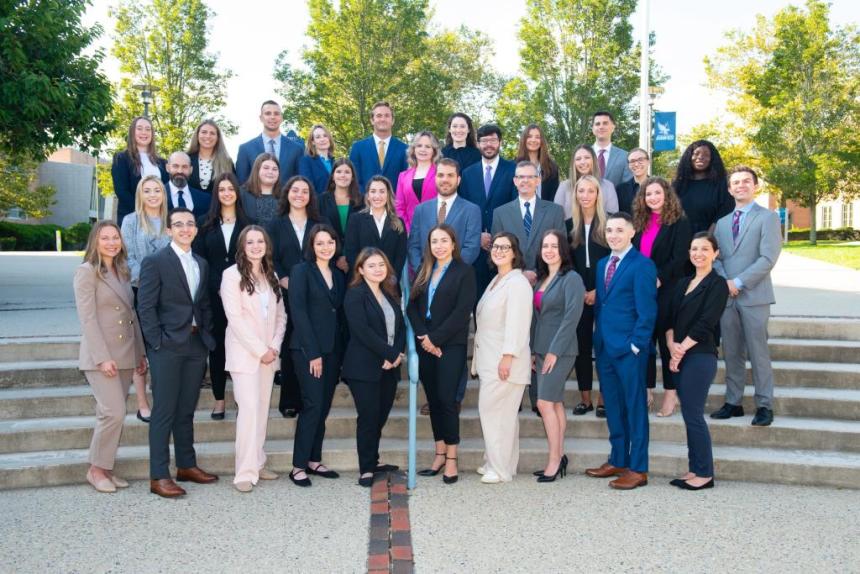
Law Review
The Roger Williams University Law Review is a student-run organization that publishes three journals of legal scholarship each academic year. The Law Review is run by a board of student editors from the Roger Williams University School of Law, who are responsible for content, timely publication, and all other organizational decisions.
The Law Review publishes three issues throughout the academic year. The Winter issue is devoted to topics with a national focus. The Spring issue revolves around topics germane to the Rhode Island legal landscape, including a survey of new Rhode Island law, and includes student reviews of recent legislative enactments, as well as an analysis of significant Rhode Island Supreme Court opinions. As the only law review in the state, the Law Review is uniquely qualified to publish scholarship in this field. Additionally, each year the Law Review publishes an issue featuring articles from academic symposia at the Law School.
Ultimately, the Law Review is committed to promoting and enabling both honest and full discussion of legally significant topics. Editions incorporate a comprehensive range of Articles and essays from professors, judges, and practitioners. In addition, the Law Review displays student work in the form of Comments and Notes. Second-year students also write the survey of Rhode Island law, a section that has become a resource for local practitioners in the state.
Mission: The Roger Williams University Law Review is a student-created and student-led law journal that seeks to innovate the law review framework and legal scholarship. We aim to provide an expansive platform that offers opportunities for law students to engage in research and writing, for legal scholars to express their diverse opinions and perspectives, and for the public to have access to legal scholarship.
The Law Review intends to reimagine and invite a new perspective on the traditional law review format. In our efforts to do so, student members of the Law Review will actively work towards creating a law review that is inclusive of all voices by increasing student diversity in law review membership, facilitating authentic and diverse discourse that represents a breadth of legal opinions, and building a community that invites inclusivity and accessibility to legal scholarship.

